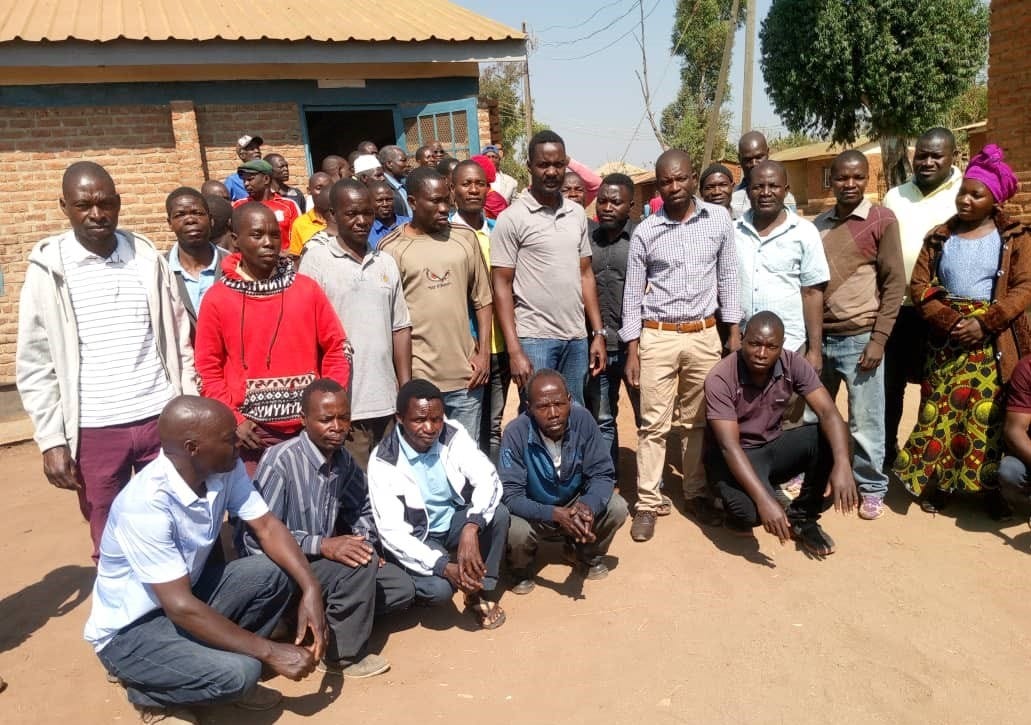Mechanics Group Forms to Improve Rural Water Access in Malawi
The initiative addresses long-standing maintenance issues in rural areas where boreholes serve as the primary water source.
DEDZA, Malawi— A new association of local mechanics launched this week aims to strengthen borehole maintenance services across Malawi's Dedza district, where residents rely primarily on wells for drinking water, writes Edward Chikwanda.
The Basic Services Development Agency (BASEDA) established the Dedza Water Point Area Mechanic Association (DWAMA) to coordinate previously independent repair workers, known locally as "area mechanics," who maintain crucial water infrastructure in rural communities.
"Organisations were not fully trusting us because we had no mother body, but this time around we have seen a very big improvement," said Matias Nelson, a DWAMA member who now contracts with development groups like Total Land Care for borehole maintenance.
Nelson said the association has established bank accounts to manage maintenance funds and support daily operations.
The move represents a significant shift from previous years when mechanics worked independently, leading to inconsistent service delivery.
DWAMA Vice Chairman Silvester Singo reported faster response times for borehole repairs under the new coordinated system.
"We are working hand in hand to make sure that a lot of boreholes are rehabilitated in dealing with water challenges in the district," Singo said.
BASEDA project coordinator Labium Katuku said the organization provides management training and funding guidance to association members.
"As an organization, we are there to facilitate training with local mechanics by providing them with managerial skills and training them on how to source funds for the smooth running of the association," Katuku said.
The association plans to develop partnerships with other water sector organizations, including charitable groups and individual donors.
By the end of 2026, DWAMA aims to establish formal service contracts with 60% of the district's water point committees.
The initiative addresses long-standing maintenance issues in rural areas where boreholes serve as the primary water source.
Reports indicate that years of independent operations by mechanics had resulted in poor service delivery to communities dependent on these water points.



